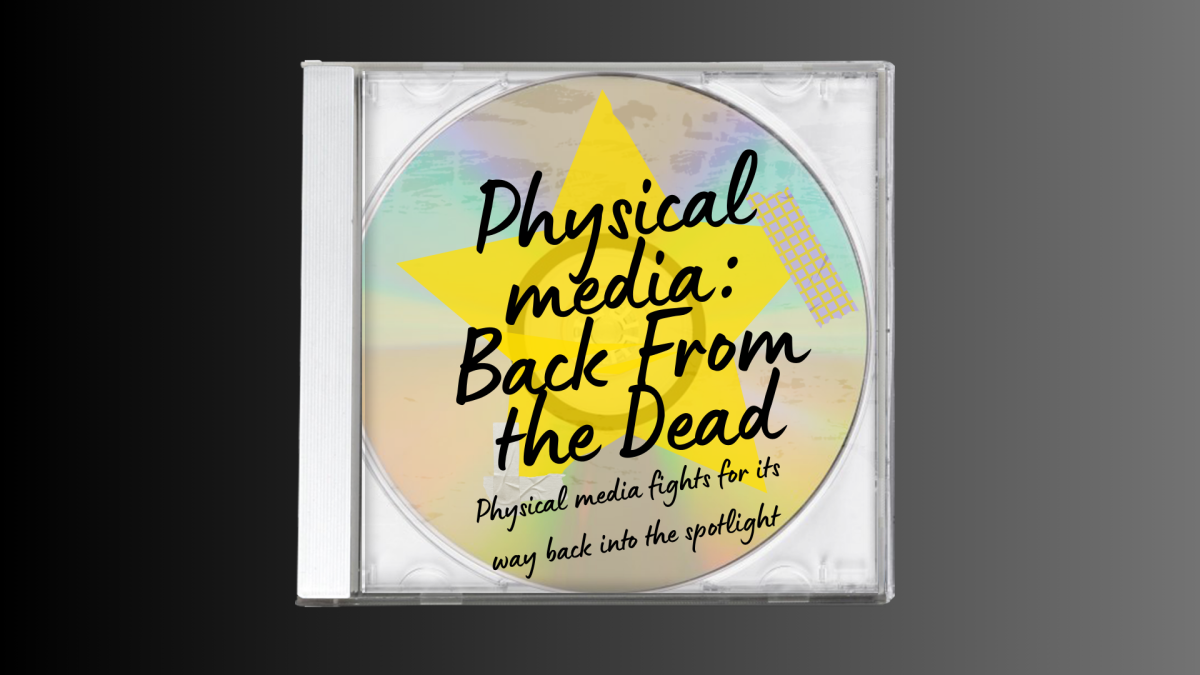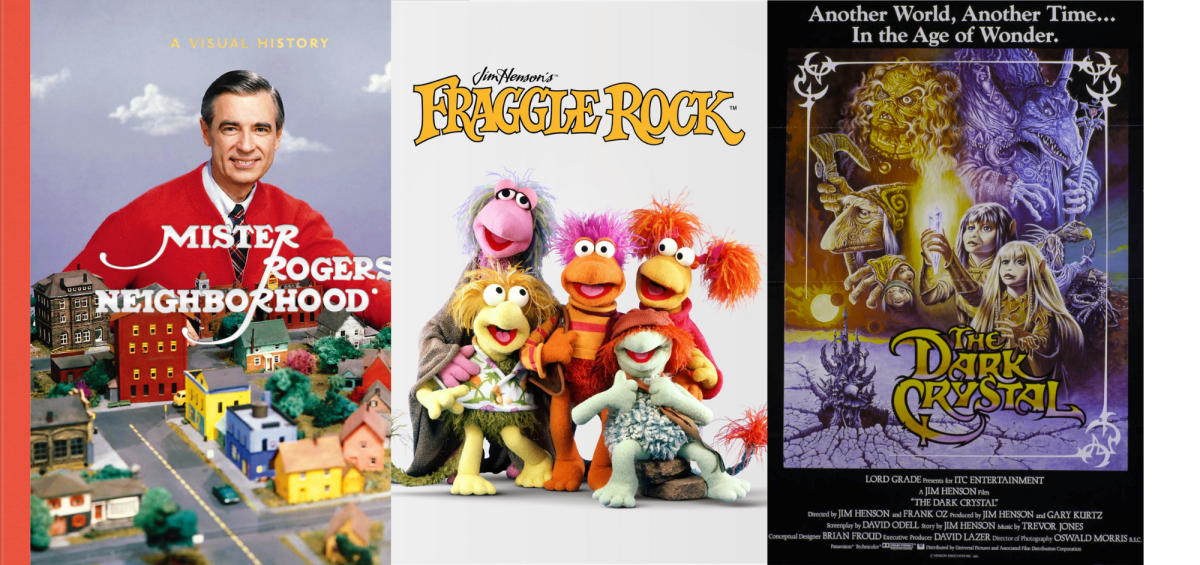The holiday movie — specifically Christmas for the purpose of this review — genre is a surprisingly expansive sub-category of films. Within the sub-genre, there is further division. There are movies in which Christmas is central to the plot, like Elf and National Lampoon. There are movies where the ‘Christmas Spirit’ is more important than the day itself, like Hallmark’s offerings and Dolly Parton’s Christmas specials. Then, there are the movies that simply happen to be set during Christmas, like It’s Wonderful Life and Last Christmas.
2023’s The Holdovers is an addition to this third category, an intense character study that uses its unique narrative situation to comment on universal human experiences.
Set in the early 1970s over Christmas and New Year’s, the Holdovers is the story of student Angus Tully (Dominic Sessa), history teacher Paul Hunham (Paul Giamatti), and lunch lady Mary Lamb (Da’Vine Joy Randolph) who all find themselves stuck at Barton Academy — a boys’ boarding school — over winter break. Each navigates their individual problems: Tully is adjusting to his mother remarrying, Hunham is facing an increasingly hostile work environment, and Lamb is grieving her son Kurtis, who has recently died in the Vietnam War.

Decade separation is necessary for emotional impact. While the expert contextualization of the 70s socio-political situation is a boon to The Holdover’s story, it’s not strictly necessary. The movie’s critique of class divide, wealth privilege, lack of mental-health support, and dissatisfaction in the face of generational trauma works in any era. However, allowing the audience a degree of separation between their struggles and the presentation of these challenges makes it more impactful. By reverting to a past time, The Holdovers gives the audience a chance to process the uncomfortable realities of their life without having to simmer in the pain.
It’s a protection for the audience, and one that allows for greater catharsis. By seeing people from fifty years in the past dealing with 21st century issues, viewers feel less alone. Their feelings are not unique, and there is strength in seeing that hurting people can still go on to live fulfilling, valuable lives.
This is the benefit of a small cast. Rather than try to comment on every social topic prevalent in the 70s — quite frankly, too many to do justice to — The Holdovers crafts compelling, detailed lives for a select number of characters and then allows their experiences to comment on the world they live in. Through this lens, abstract issues gain real-world faces. Even if you don’t personally connect to the issue, you can’t look away from the impacts it has on a character you have come to care for.
Tully, Hunham, and Lamb are all expertly rendered by their actors. It’s an acting tour de force from all parties, who have clearly spent time developing individual quirks and mannerisms. Sessa’s performance is raw, and heartfelt; Giamatti is wise and impressively charismatic despite his curmudgeonly habits; Randolph is heartbreaking and vulnerable in her choices. Often, it’s easy to forget that the story is happening on screen because it feels real enough to have happened — or to be currently happening.
The warmth of the performances buoy the otherwise bittersweet story, further aided by the sharp wit of the script and even sharper line delivery.
Humor not only infuses hope but eases the audience into a false sense of security. If people can still find levity in their situation, the audience knows they can survive whatever follows after the camera stops rolling. Additionally, humor is frequently a framing device for more serious topics. Laughter lowers the viewer’s guard enough to add an additional punch when it fades.
There’s a very human edge to all of it, an exploration of all the ways people keep living in the face of hardship, and a love letter to resilience and letting your guard down.
As a final note, The Holdovers is a reminder that education needs to be free of outside influence. This message is resonant in the political turmoil of the 70s, and perhaps even more relevant in the current political atmosphere. The Holdovers solution to this censorship problem is educators, and the power of good teachers to alter the trajectory of a student’s life.
9.5/10 would get stuck at school for break again
Further breakdown:
Writing Quality: 9/10 Enjoyability: 10/10
Pace: 9/10 Visual elements: 10//10
Plot development: 9/10 Insightfulness: 10/10
Characters: 10/10







